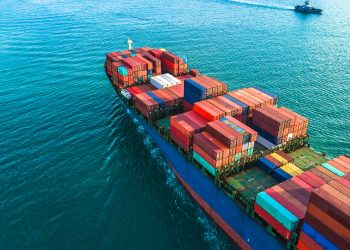As global trade rebounds and technology continues to reshape industries, the international freight forwarding and logistics sector is poised for a dynamic year in 2025, says the director general of the British International Freight Association (BIFA).
With global regulators and consumers demanding environmentally conscious practices, sustainability will be a top priority in 2025. Many companies are committing to carbon-neutral shipping solutions, investing in green technologies such as electric vehicles and alternative fuels. Ports and shipping hubs worldwide are also adopting cleaner energy practices to reduce emissions and align with international environmental goals.
Notwithstanding potential future trade wars, the International Monetary Fund (IMF) projects global trade volumes to increase by 3.2% in 2025, driven by easing geopolitical tensions, expanding e-commerce, and growing consumer demand in emerging markets. These developments provide fertile ground for freight forwarders and logistics providers to enhance their services and seize new opportunities in cross-border shipping.
Shippers are now looking beyond cost and speed—they want greener logistics solutions. This shift is creating both challenges and opportunities for logistics providers.
…said Steve Parker, Director General, British International Freight Association.
While prospects are promising, the industry must also address critical challenges such as the ever-changing demand and supply dynamics across all modes of transport. Geopolitical uncertainties, fluctuating fuel costs, and regulatory complexities continue to pose risks. Additionally, labour shortages in key markets highlight the need for investments in workforce development and automation.
































































